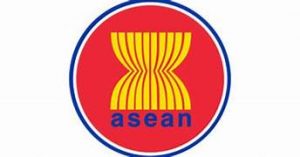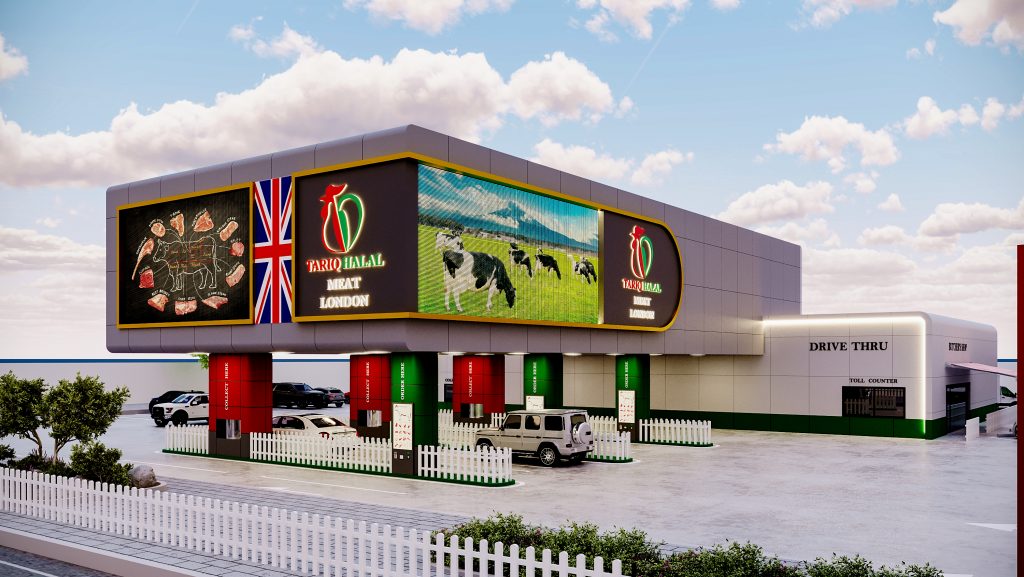Mushir Ahmed
The dull world of the country’s poultry sector has suddenly sizzled
up with top farms embarking on an investment spree never seen in the
country’s history, the industry said.
Thai poultry giant CP has triggered the battle with a war chest of
$60 million, forcing top player Kazi Farms to throw the gauntlet with
its own two-year expansion scheme in feed, meat processing and
retailing.
Their nearest rivals Aftab, Nourish and Paragon have also spread
wing in newer segments amid the largest consolidation drive that
experts fear would snuff the life out of the country’s tens of
thousands of smaller farms.
Top players talking to the FE said the investment drive is aimed at
hedging their businesses against unforeseen dangers like the deadly
bird flu, which in the past two years have wiped out some 20 per cent
of their revenues.
CP officials would not comment on its investment plan, but industry
sources said the company — the largest in the world — has rented series
of sick farms and have in the past few weeks launched its branded fried
chickens with its own specialized shops.
The company, which produces 1.2 million day old chicks per week, has
also moved aggressively in fish feed and poultry feed and in vaccine,
making it a fully integrated poultry farm like its parent company in
Thailand.
Its aggression has worried Kazi Farms, which has been dominating the
sector for the past half a decade through its day-old chick business
located in about a dozen top districts in the country.
Managing director of the company Kazi Zahedul Hasan said the company
would roll out a two-year expansion in which it would scale-up broiler
and layer production, spread its chick business and go into processing
and retailing.
“We cannot match the resources of CP. Our resources are limited. But
we are moving into newer segments in the poultry business to
consolidate our position and combat bird-flu like dangers,” Hasan said.
Set up in 1996, the Tk 7.00 billion Kazi Farms produces some 2.0
million day-old chick a week, making it the largest player in the most
lucrative segment of the sector with a share of over 30 per cent.
Hasan said the company would go into marketing and distribution of
processed chickens such as cooked nuggets, sausages and also open its
own specialized stores such as Aftab’s to sell the products.
The company, which is ranked low in the poultry feed business, would
also open two feed plants to meet growing demand in the business.
Aftab Bahumukhi, the country’s first integrated poultry farm with a
turnover of Tk4.00 billion, last month launched the country’s first
“floating fish feed,” to capture a large pie in the fast-growing sector.
Aftab, a pioneer in the sector and now ranked third in the pecking
order, is also exploring Halal meat market in the Middle East in a
bigger way after two minor attempts in 2006-7, its director Habibul
Haque said.
“We have to export to sustain our growth. The Halal meat market in
the Middle East is huge and mostly controlled by Brazil. If we can cut
our prices further, we can easily grab the market,” Haque, an industry
veteran, said.
Nourish, the largest feed producer in the country, has focused on
feed, launching fish-feed while ramping up poultry feed production.
Another top feed player, Paragon, launched its own Tatka brand
processed chicken items last month after it cut its day-old chick
business following the bird flu in 2007 and 2008.
While consolidation is seen as a natural progression in the
industry, critics said it would drive out tens of thousands of smaller
players from the market, already hit hard by the deadly H5N1 Avian
Influenza.
“It’s a dangerous sign the way big players are expanding in the
market. It will force small farms to fold up fast,” said Moshiur
Rahman, chief of Bangladesh Poultry Association and the owner of
Paragon.
“They cannot compete with bigger players unless protected by the
authorities,” Rahman said, calling for overhaul of government policies
to safeguard the interest of smaller farms.
MM Khan, another expert in the sector, said some 70 per cent of the
market is now controlled by top six companies, up from around 30 early
this decade.
“The latest expansion drive by the big players and their entry into
processing, further processing, retailing and in all segments would
leave a little room for growth for the bits and pieces players,” he
said.
“In the past big players concentrated only in day-old chick, parent
and grand parent stock and feed business, while the broiler and egg
production were left to the small farms,” he said.
“But now there are trying to gobble up everything.”



